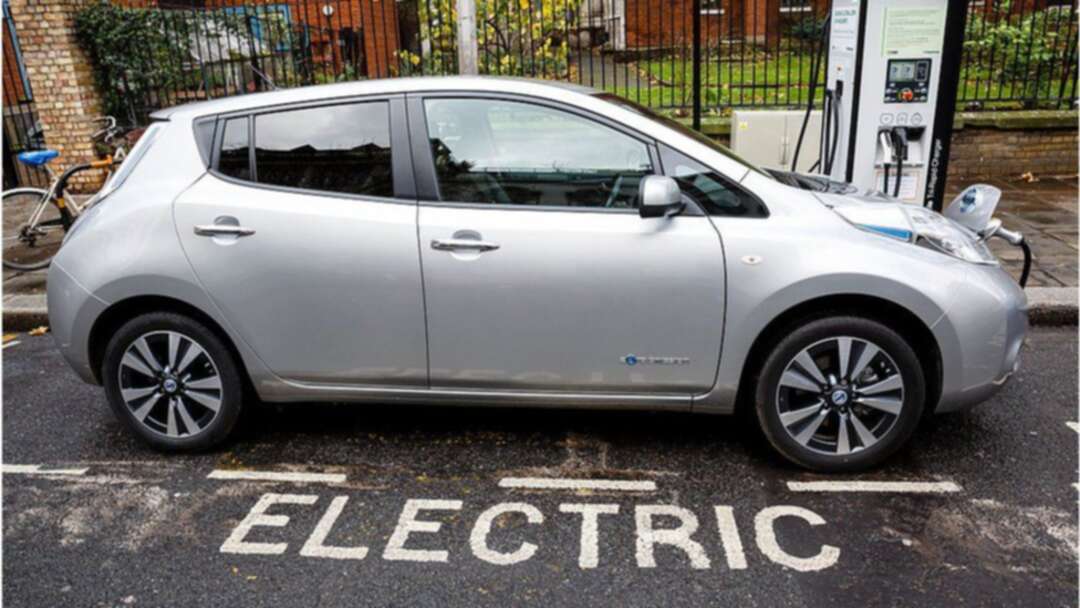-
UK MPs : Electric car charging prices shouldn't be expensive

According to the British Broadcasting Corporation BBC, MPs have said people must be protected from excessive pricing for public electric car charging.
Charging an electric car at home is much cheaper than using public charge points.
According to the BBC, the Transport Select Committee said: This could put pressure on people who are less able to afford it.
The MPs added, the government also needs to make charging infrastructure accessible and reliable, and make sure people in rural areas have equal access.
The UK plans to ban the sale of new petrol and diesel cars by 2030, and hybrids by 2035.
That should mean that most cars on the road in 2050 are either electric, use hydrogen fuel cells, or some other non-fossil fuel technology.
However, at present there is a disparity between how much it costs to charge a car at home compared to public charging, which is more expensive.
The MPs added, Property developers should also be required to provide public charging points, and councils should make sure charging infrastructure is built.
The committee chair Huw Merriman said: "Charging electric vehicles should be convenient, straightforward and inexpensive and drivers must not be disadvantaged by where they live or how they charge their vehicles."
The committee said: In addition, drivers who live in rural or remote areas or who do not have off-street parking "risk being left behind."
It added, industry must use pricing "to change consumer charging behaviour to a 'little but often' approach and at times when the National Grid can meet total demand".
Graeme Cooper, head of future markets at National Grid, said that the energy network operator was "working with government to map out where critical grid capacity is needed to enable the faster roll out of charging points".
"There will be an uptick in demand for energy so we need to ensure that we are future proofing, putting the right wires in the right place for future demand."
He said National Grid would have to ramp up capacity to help achieve the UK's net zero goals, both by making it smarter, but also putting in more physical infrastructure.
Jack Cousens, head of roads policy for the AA, said; "For most drivers, the opportunity to charge an EV in their garage, on their driveway or in a dedicated parking space offers cheaper running costs.
"However, for the 30% of homeowners with no access to dedicated off-street parking or workplace charging, they have no choice but to pay the rates set on the public charging network."
"On the road to electrification, we cannot allow one group of drivers to benefit while others struggle - in effect, a two-tier system of have and have-nots."
Benjamin Sovacool, professor of energy policy at the University of Sussex Business School, said the pricing of charging "is a concern", and that electric vehicles "benefit some people more than others".
Lower income areas, especially rural areas, spend about twice as much of their income on mobility already, he said.
The UK government was approached for comment.
Source: BBC
Image source: Getty Images-BBC
You May Also Like
Popular Posts
Caricature
BENEFIT Sponsors BuildHer...
- April 23, 2025
BENEFIT, the Kingdom’s innovator and leading company in Fintech and electronic financial transactions service, has sponsored the BuildHer CityHack 2025 Hackathon, a two-day event spearheaded by the College of Engineering and Technology at the Royal University for Women (RUW).
Aimed at secondary school students, the event brought together a distinguished group of academic professionals and technology experts to mentor and inspire young participants.
More than 100 high school students from across the Kingdom of Bahrain took part in the hackathon, which featured an intensive programme of training workshops and hands-on sessions. These activities were tailored to enhance participants’ critical thinking, collaborative problem-solving, and team-building capabilities, while also encouraging the development of practical and sustainable solutions to contemporary challenges using modern technological tools.
BENEFIT’s Chief Executive Mr. Abdulwahed AlJanahi, commented: “Our support for this educational hackathon reflects our long-term strategic vision to nurture the talents of emerging national youth and empower the next generation of accomplished female leaders in technology. By fostering creativity and innovation, we aim to contribute meaningfully to Bahrain’s comprehensive development goals and align with the aspirations outlined in the Kingdom’s Vision 2030—an ambition in which BENEFIT plays a central role.”
Professor Riyadh Yousif Hamzah, President of the Royal University for Women, commented: “This initiative reflects our commitment to advancing women in STEM fields. We're cultivating a generation of creative, solution-driven female leaders who will drive national development. Our partnership with BENEFIT exemplifies the powerful synergy between academia and private sector in supporting educational innovation.”
Hanan Abdulla Hasan, Senior Manager, PR & Communication at BENEFIT, said: “We are honoured to collaborate with RUW in supporting this remarkable technology-focused event. It highlights our commitment to social responsibility, and our ongoing efforts to enhance the digital and innovation capabilities of young Bahraini women and foster their ability to harness technological tools in the service of a smarter, more sustainable future.”
For his part, Dr. Humam ElAgha, Acting Dean of the College of Engineering and Technology at the University, said: “BuildHer CityHack 2025 embodies our hands-on approach to education. By tackling real-world problems through creative thinking and sustainable solutions, we're preparing women to thrive in the knowledge economy – a cornerstone of the University's vision.”
opinion
Report
ads
Newsletter
Subscribe to our mailing list to get the new updates!






















